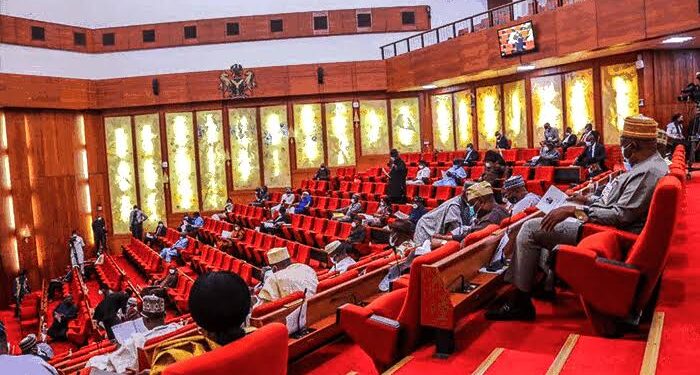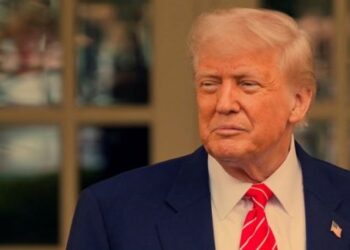The bill seeking to prohibit the use of foreign currencies in Nigeria has passed its first reading in the Senate, raising significant concerns about its practicality and economic implications. The bill, titled “A Bill for an Act to Alter the Central Bank of Nigeria Act, 2007, No. 7, to Prohibit the Use of Foreign Currencies for Remuneration and Other Related Matters,” is being championed by Senator Ned Nwoko, Chairman of the Senate Committee on Reparations and Repatriation.
The proposed legislation, as reported by DAILY POST, seeks to mandate the use of the naira for all payments, including salaries and commercial transactions. Senator Nwoko argues that the prevalence of foreign currencies—such as the Dollar and Pound Sterling—in Nigeria undermines the naira’s value and exacerbates the nation’s economic woes. He went further to describe the continued reliance on foreign currencies as a colonial remnant that hampers Nigeria’s path to economic independence.

However, critics have begun to question whether this bill addresses the root causes of the naira’s persistent depreciation or simply shifts the focus from systemic economic problems. The overreliance on foreign currencies, they argue, reflects a deeper lack of confidence in the naira itself—driven by inflation, policy inconsistencies, and dwindling foreign reserves.
Furthermore, the bill raises critical concerns about implementation and enforcement. Many sectors of the Nigerian economy, including real estate, aviation, and international trade, are deeply intertwined with foreign currencies. Prohibiting their use without addressing structural economic challenges could prove disruptive, potentially deterring foreign investment and stifling certain industries.
While the intention to strengthen the naira is laudable, experts warn that legislative measures alone cannot salvage the currency. Without tackling issues like inflation, exchange rate volatility, and poor monetary policy management, the naira will continue to struggle. The bill, as it stands, risks being seen as a superficial solution to a far more complex economic crisis.
Ultimately, the proposed prohibition raises an essential question: Is Nigeria prepared to transition away from foreign currencies, or is this bill merely a political gesture that overlooks the harsh realities of the economy? The debate surrounding this legislation will likely intensify as it moves through the Senate.

















